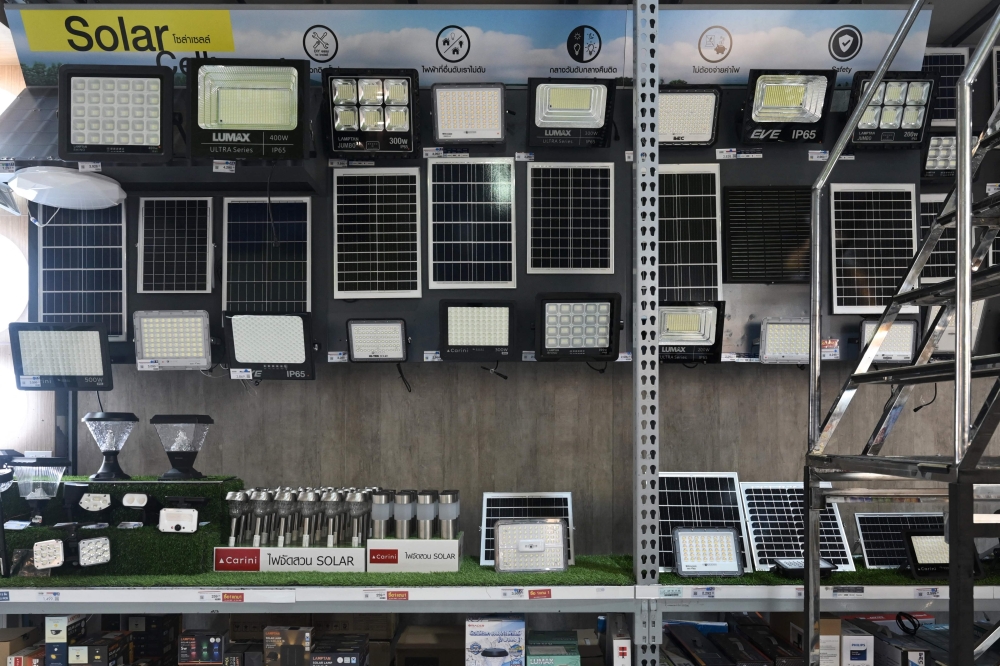KUALA LUMPUR, April 24 — The United States government has introduced new import duties on solar panels from Malaysia, Cambodia, Thailand, and Vietnam, accusing these countries of benefitting from Chinese subsidies and engaging in unfair pricing practices.
For Malaysia, this translates into a blanket import duty of 34.4 per cent, with certain firms facing even higher rates. However, the tariffs await approval by the US International Trade Commission, with a final decision expected by June 2.
Here’s what we know about the new solar import duties so far:
How it started
The solar panel tariff is part of a pattern that began last year.
On October 1, 2024, the US imposed a nine per cent blanket tariff on solar cell imports from Malaysia, which accounts for 14 per cent of its total solar cell imports. Specific companies faced duties ranging from 3.4 per cent to 123.94 per cent.
These measures stem from trade tensions arising from the US-China trade war and align with the Biden administration’s broader efforts to bolster domestic solar manufacturers under the Inflation Reduction Act.
This time, however, Malaysia may fare better than Cambodia, Thailand, and Vietnam, as its tariffs are comparatively lower. The US Department of Commerce indicated that import duties in the region could go as high as 3,521 per cent.
Why target Malaysia?
Malaysia is a key player in the South-east Asian solar panel manufacturing sector.
According to the Malaysia External Trade Development Corporation (Matrade), Malaysian solar product exports reached RM37.4 billion in 2024, with RM12.5 billion, or 33.4 per cent, shipped to the US.
The new tariffs follow a US investigation triggered by concerns from American solar firms about foreign competition impacting their market share. These measures aim to make imported solar panels more expensive, promoting domestic production instead.
Economic implications for Malaysia
The tariffs could significantly affect Malaysia’s economy, potentially disrupting foreign investments and job security.
Federation of Malaysian Manufacturers president Tan Sri Soh Thian Lai told Bernama that Malaysia’s role as a key hub in the global solar supply chain is at risk, with potential disruptions to production and investment plans.
“Factories may be compelled to suspend production, delay expansion, or relocate to avoid punitive cost pressures,” he said.
For example, Risen Energy Co entered the Malaysian market in 2021 with a planned RM42 billion investment over 15 years. However, these tariffs could force companies to reconsider such long-term commitments.
Several Chinese-owned solar panel manufacturers in Malaysia, including Jinko Solar Co, Risen Energy Co, and JA Solar Technology Co, which collectively represent nearly 40 per cent of Malaysia’s solar production capacity, faced significant challenges following last year’s tariff hikes.
China-backed firms like JinkoSolar Holding Co Ltd and Baojia New Energy have also been hit with specific tariff rates, exacerbating the trade tensions.

